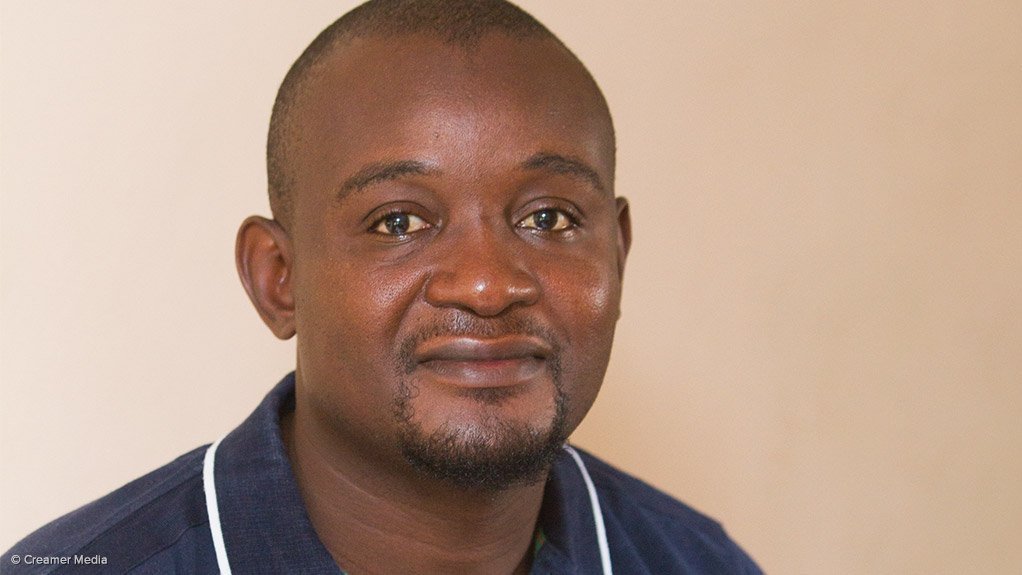On the last Monday of January, we woke up to the news that the manager of the internationally renowned Sakhumzi restaurant, in Vilakazi street, in Soweto, was murdered in an attempted robbery. In the grand scheme of things, although this sounds callous, it was just another one of all the murders that take place in South Africa each year.
But this is the biggest mistake that we continue to make with regard to South Africa’s fragile township economy. This economy is currently based on retail – the selling of goods by small to medium-sized businesses and the recent entrants into the market, big retailers such as Pick n Pay. The manufacturing of goods has always been the preserve of the more ‘deserving’ towns, and not the township economy. The offshoots of the retail-based economy in the townships are industries like tourism and entertainment.
Vilakazi street is one street geared for the tourism industry in the township economy. In fact, it holds the honour of being the only street in the world to have been home to two Nobel Peace Prize laureates in the form of Nelson Mandela and Desmond Tutu. The street carries so much in the way of the legacy of South Africa’s recent past.
To wake up to news that the heart of South Africa’s township tourist attraction was the scene of a murder must drive those in charge of policing into action. This column has in the past advocated for commemorative tourism in South Africa’s townships. Virtually every South African township has a route or a site where a significant historical event happened. Examples include the route followed by marching students in the 1976 revolt against the imposition of Afrikaans as the language of instruction or the route that Alexandra township residents followed as they made their way to town during that unforgettable 1955 bus boycott. Those in charge of policing and municipalities must ensure that tourists are able to walk freely in these zones, without being in the least bit worried that they might be mugged, or worse.
It will take an awakening of some sort on the part of government to realise that South Africa’s urban tourism is a sleeping giant that, when it has fully awaken and is fully exploited, will provide more employment than many other sector in which government is currently spending a lot of time and money trying to create unsustainable job opportunities.
However unfair it might sound, the police need to create ‘zero tolerance’ zones in designated areas within townships. These crime-free zones would be policed in a manner that is totally different to the rest of the townships. Satellite police stations would need to be set up in these tourist-dense zones, similar to the Durban metro police’s horse-mounted units that roam the beaches at all times. This has clearly paid off in those areas. The last thing that tourists want to happen to them when they head for the beach in Durban or Cape Town is to fall victim to crime.
If Vilakazi street, in Soweto’s Orlando section, was afforded the same status as a beach on the coast, gruesome crimes like the one that happened at Sakhumzi would never happen. An added form of protection that the township economy deserves is the creation by government of ‘safe zones’, where ATMs and satellite banks would be available for tourists so that they do not have to carry large amounts, making themselves obvious targets for criminals. Safe zones and crime-free zones would not only be good for tourists but would also work for locals, who would trade freely in these environments and be ambassadors of our beautiful country.
One of the best ways of promoting a country is turning ordinary citizens into ‘roving ambassadors’ who are always ready to provide help to tourists. The high unemployment rates in townships make the townships reservoirs of voluntary ambassadors. The spin-off for the ambassadors would be the opportunity to sell their wares and provide other services. We can use the heightened awareness created by the Sakhumzi murder for the benefit of the township tourism economy.
EMAIL THIS ARTICLE SAVE THIS ARTICLE ARTICLE ENQUIRY
To subscribe email subscriptions@creamermedia.co.za or click here
To advertise email advertising@creamermedia.co.za or click here











